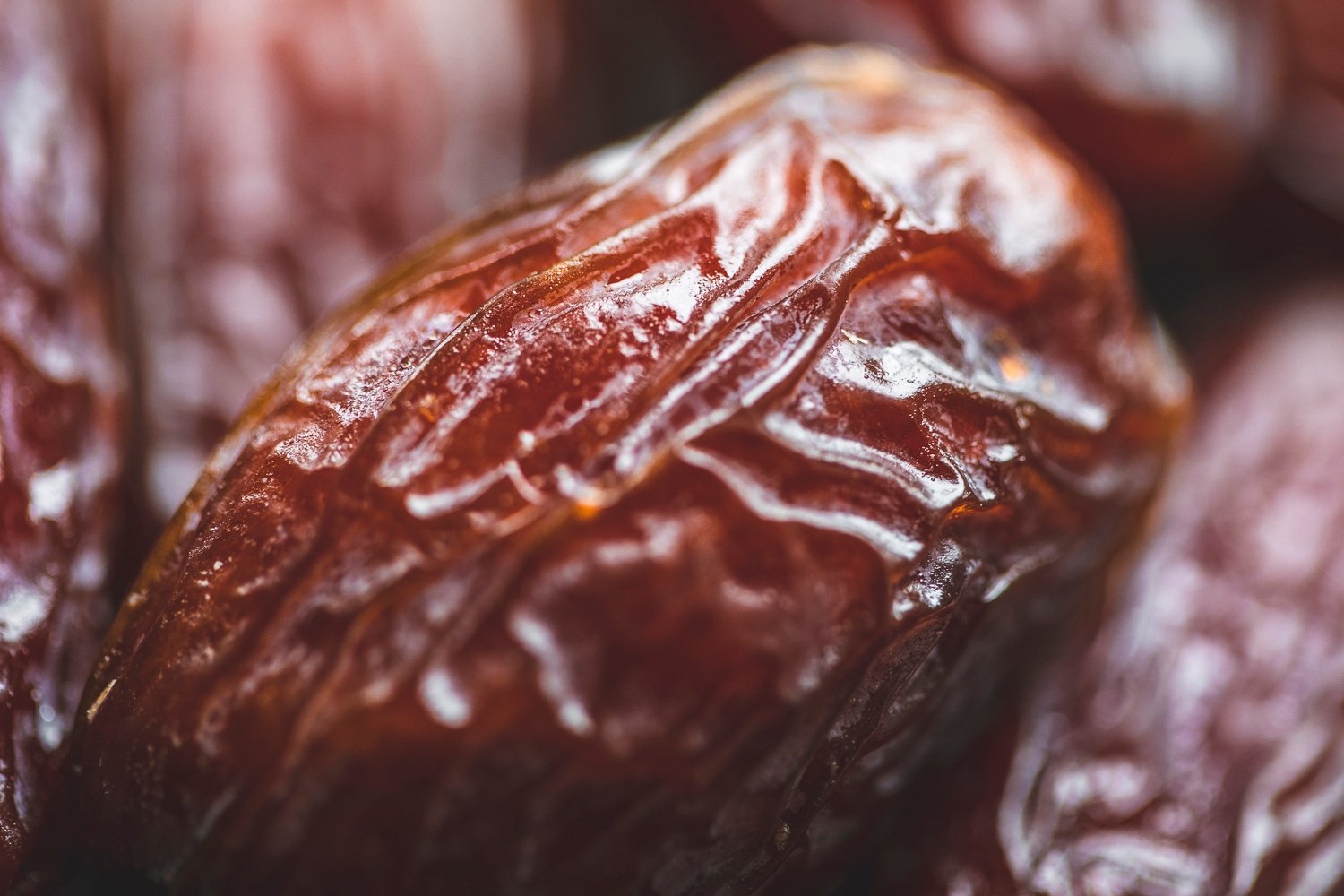Can We Adapt Cultivation to a Changing Climate?

Kurma Medjool reigns supreme in Malaysia and across the globe. Prized for its luxurious size and melt-in-your-mouth texture, it’s a true date connoisseur’s delight. But beyond the delectable taste, the future of date palm cultivation faces a formidable foe – climate change. This blog post ventures beyond the world of Kurma Medjool Malaysia to explore the challenges posed by climate change and potential adaptation strategies for sustainable date palm cultivation.
Kurma Medjool Malaysia: A Treasure Threatened
Medjool dates, a symbol of Malaysian date cultivation, highlights the potential threats posed by climate change:
- A Jewel of Malaysian Agriculture: this date variety thrives in Malaysia’s climate, showcasing the country’s expertise in date palm cultivation.
- Climate Change Looms: Rising temperatures, erratic rainfall patterns, and increased water scarcity threaten the delicate balance needed for optimal date palm growth.
The cherished Medjool dates serve as a reminder of the need to adapt date palm cultivation practices to a changing climate.
Climate Change’s Sting: Challenges for Date Palm Cultivation
Climate change presents a multifaceted challenge for date palm cultivation, particularly in traditional growing regions:
- Water Woes: Increased heat and drought can lead to water scarcity, a critical concern for date palms, which require consistent irrigation.
- Temperature Troubles: Extreme temperatures can stress date palms, impacting pollination, fruit development, and overall yield.
- Salinity Issues: Rising sea levels and saltwater intrusion can threaten coastal date palm plantations.
These challenges threaten the future of date palm cultivation in regions where it has thrived for centuries.
Adapting to Survive: Strategies for a Sustainable Future
Despite the challenges, there are strategies to adapt date palm cultivation to a changing climate:
- Embracing Drought-Tolerant Varieties: Researching and adopting date palm varieties known for their drought tolerance can help conserve water resources.
- Precision Irrigation Techniques: Implementing drip irrigation and other water-efficient methods can optimize water use and minimize waste.
- Innovation in Greenhouse Technology: Utilizing climate-controlled greenhouses can provide a protective environment for date palms in harsh climatic conditions.
- Harnessing Renewable Energy: Integrating renewable energy sources for irrigation and other farm operations can reduce reliance on fossil fuels and promote sustainable practices.
By embracing innovative strategies, we can ensure the continued cultivation of date palms like the prized Kurma Medjool Malaysia in a changing climate.
Conclusion: Beyond Kurma Medjool Malaysia: A Sustainable Future for Dates
The story extends far beyond the delectable Kurma Medjool Malaysia:
- Kurma Medjool as a Reminder: The popularity of Medjool dates highlights the importance of dates and date palms and the need to adapt cultivation practices for a sustainable future.
- Climate Change Challenges: Rising temperatures, water scarcity, and other climate-related issues threaten traditional date palm cultivation regions.
- Adaptation Strategies: By adopting drought-tolerant varieties, utilizing water-saving techniques, and embracing innovative technologies, we can ensure the future of date palms.
By working together and implementing these adaptation strategies, we can cultivate a sustainable future for date palms, ensuring the continued enjoyment of these dates and other prized varieties for generations to come. So, the next time you savor a Kurma Medjool, remember – it’s a reminder of the resilience of nature and our responsibility to adapt to a changing climate.
Key Highlights
- Kurma Medjool Malaysia represents the importance of date palms and the need for sustainable cultivation practices.
- Climate change poses a significant threat to date palm cultivation, particularly in traditionally growing regions, due to water scarcity, rising temperatures, and salinity issues.
- Adaptation strategies include adopting drought-tolerant varieties, utilizing water-efficient irrigation techniques, and embracing innovative technologies like climate-controlled greenhouses and renewable energy sources.
- By working towards sustainable date palm cultivation, we can ensure the continued enjoyment of this date variety and other prized varieties for generations to come.